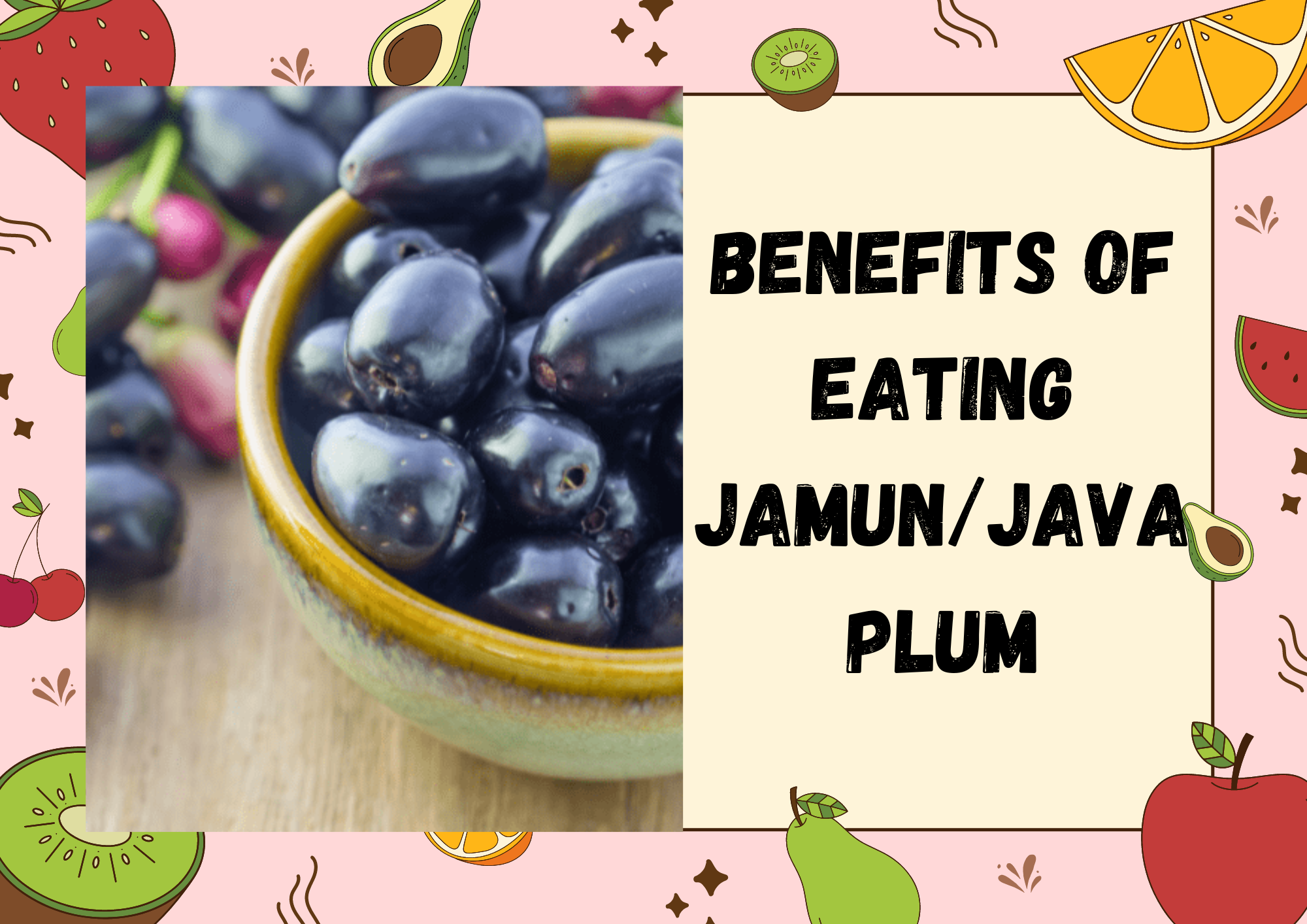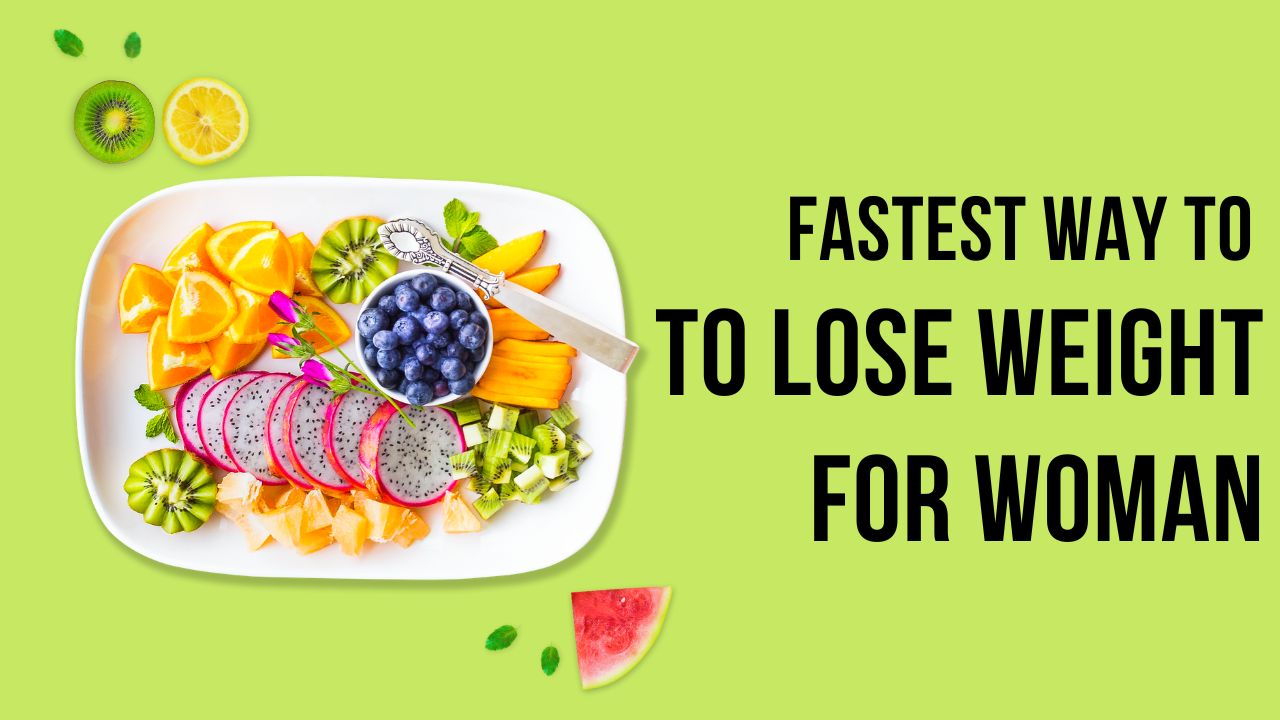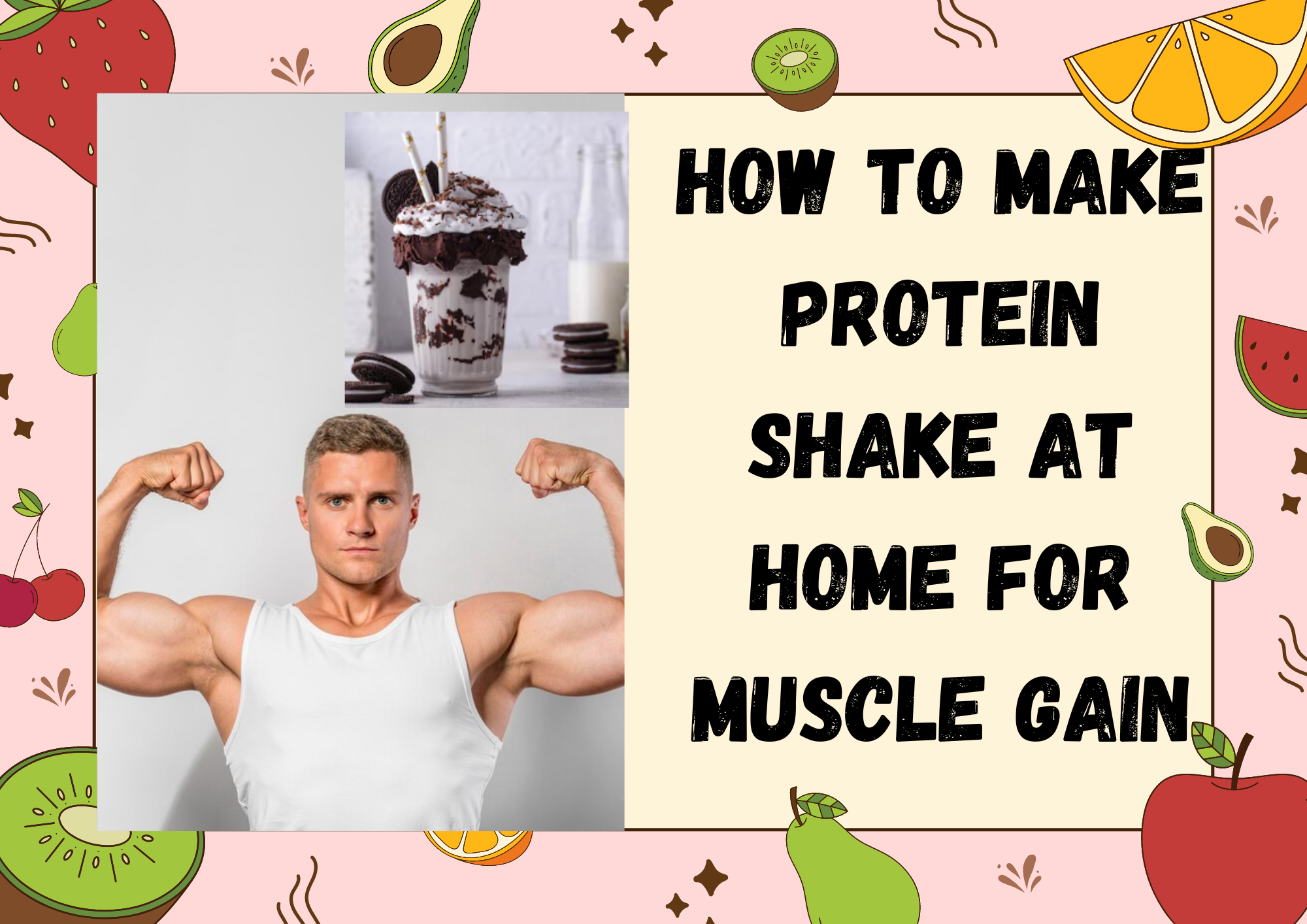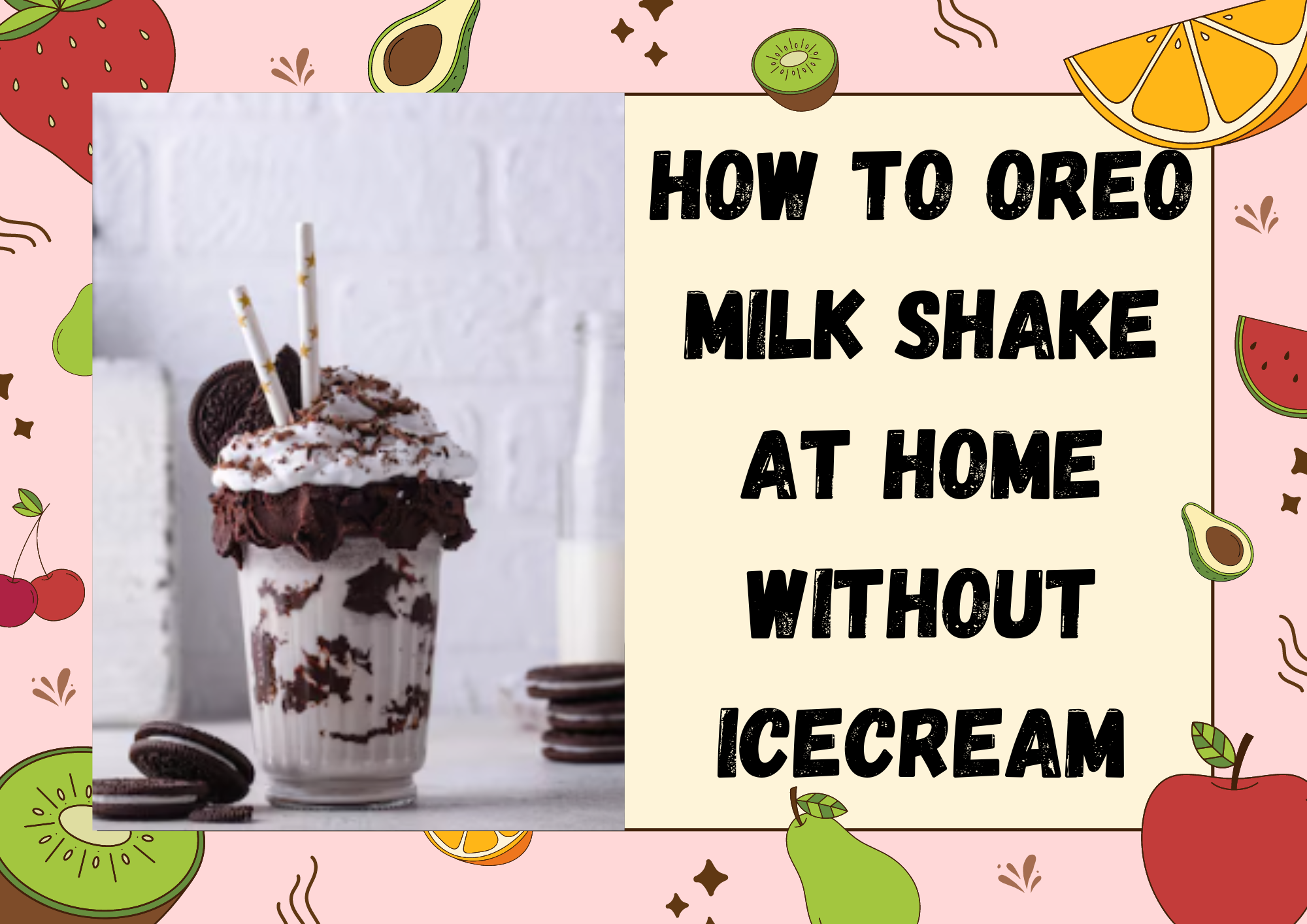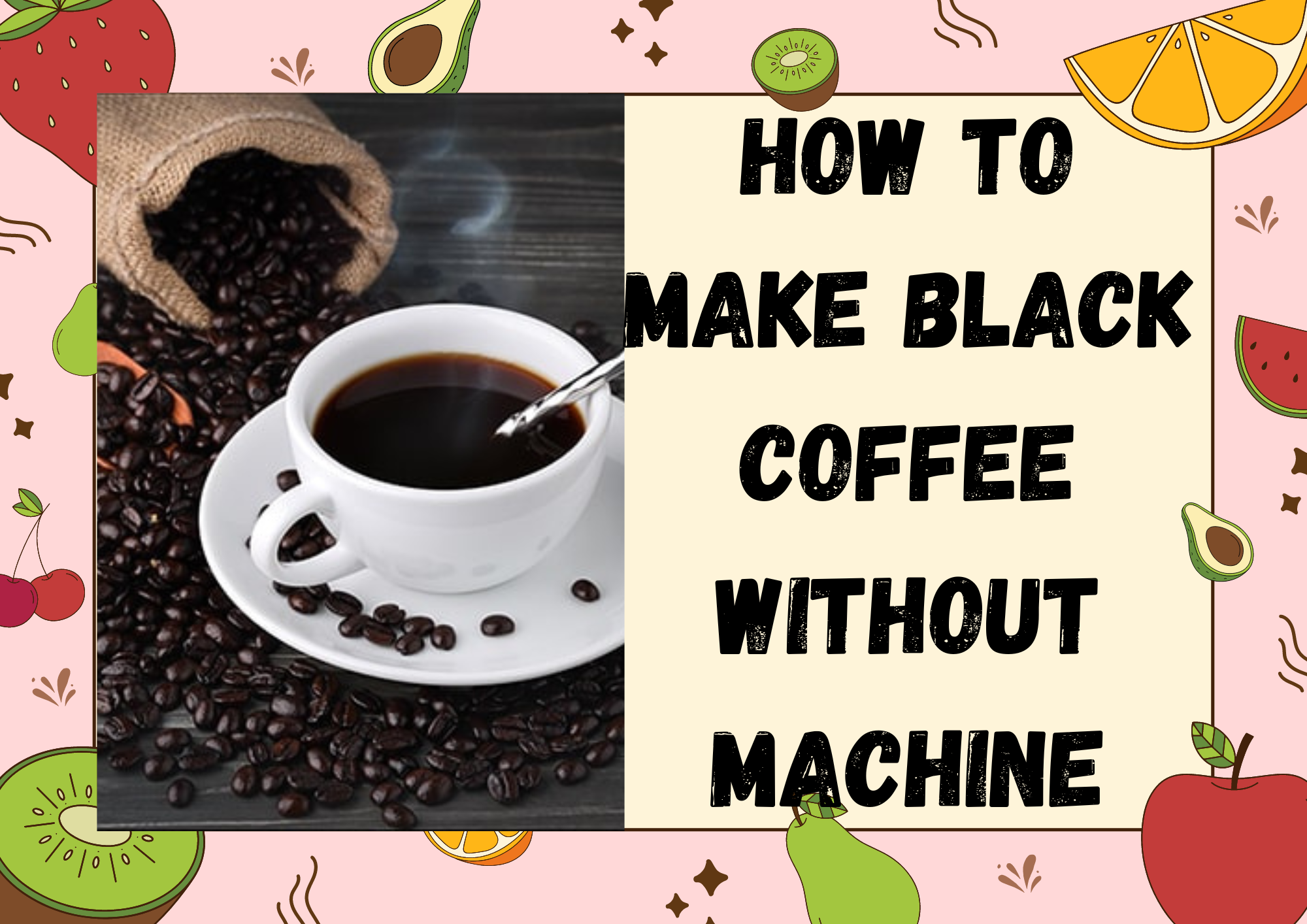Comprehensive Guide to Foods that Aid Weight Reduction
When embarking on a journey to lose weight, it’s essential to adopt a diet that emphasizes nutrient density, satiety, and overall health. Here’s a detailed look at some of the best foods that can help you achieve your weight loss goals:
 |
| Weight Loss Diet Plan |
Leafy Greens: Nutrient Powerhouses
Leafy greens such as spinach, kale, Swiss chard, and lettuce are not only low in calories but also rich in essential nutrients. They provide vitamins like vitamin K, vitamin A, and folate, minerals such as calcium and iron, and antioxidants. These components support various bodily functions, including immune health and bone strength. Additionally, their high fiber content promotes satiety and aids in weight management by keeping you feeling full longer.
Whole Grains: Fiber and Nutrient-Rich Choices
Whole grains like quinoa, brown rice, oats, and whole wheat retain their fiber-rich bran and nutrient-packed germ, unlike refined grains. This fiber content supports digestion, stabilizes blood sugar levels, and promotes a feeling of fullness, all of which are beneficial for weight loss. Whole grains also provide vitamins, minerals, and antioxidants that contribute to overall health and well-being.
Lean Proteins: Muscle Maintenance and Calorie Burning
Including lean proteins such as chicken breast, turkey, fish, tofu, beans, and legumes in your diet is crucial for weight loss. Protein helps preserve muscle mass, which is essential for maintaining a healthy metabolism during weight loss. Moreover, protein has a high thermic effect, meaning it requires more energy to digest compared to fats and carbohydrates, thus aiding in calorie burning and supporting weight management.
.
Fruits: Nature’s Sweet and Nutrient-Rich Treats
Fruits like berries (e.g., strawberries, blueberries), apples, oranges, and grapefruits are low in calories but packed with fiber, vitamins (especially vitamin C), and antioxidants. The fiber content aids in digestion and promotes satiety, while vitamins and antioxidants contribute to overall health and immune function. Fruits make for satisfying snacks that can help curb sweet cravings without excess calories.
Non-Starchy Vegetables: Volume with Few Calories
Non-starchy vegetables such as broccoli, cauliflower, bell peppers, zucchini, and carrots are nutrient-dense, low in calories, and high in fiber. They add volume to meals without significantly increasing calorie intake, promoting satiety and aiding in weight loss. Their fiber content supports digestive health and helps you feel full longer, making them essential for a balanced weight loss diet.
Nuts and Seeds: Healthy Fats and Satiating Power
While calorie-dense, nuts and seeds like almonds, walnuts, chia seeds, and flaxseeds are rich in healthy fats, protein, and fiber. They contribute to satiety and can help curb appetite when consumed in moderation as part of a balanced diet. The combination of healthy fats and fiber supports heart health and overall well-being, making nuts and seeds valuable additions to a weight loss plan.
Greek Yogurt: Protein-Rich and Satisfying
Greek yogurt is a protein-packed dairy option that aids in weight loss. It contains more protein and less sugar compared to regular yogurt, promoting satiety and helping to prevent overeating. Greek yogurt is a versatile food that can be enjoyed as a snack or incorporated into various recipes to support a balanced weight loss diet.
Legumes: Plant-Based Protein and Fiber
Legumes such as beans, lentils, and chickpeas are excellent sources of plant-based protein and fiber. They help regulate blood sugar levels, promote feelings of fullness, and support digestive health. Incorporating legumes into meals can contribute to weight loss by providing nutrient density and satiety, making them a valuable component of a balanced diet.
Avocados: Healthy Fats and Nutrient Density
Avocados provide healthy monounsaturated fats, fiber, and a variety of vitamins and minerals. Despite being calorie-dense, avocados’ combination of healthy fats and fiber promotes satiety and helps reduce overall calorie intake when consumed in moderation. They support heart health and contribute to overall well-being, making them a nutritious addition to a weight loss diet.
Water: The Ultimate Hydration and Appetite Control
While not a food, water plays a crucial role in weight loss and overall health. Staying hydrated with water supports proper bodily functions, including metabolism and digestion. Drinking water before meals may help reduce calorie intake by promoting feelings of fullness and preventing overeating, thus aiding in weight management.
Conclusion
By incorporating these nutrient-dense foods into your diet and focusing on balance and moderation, you can create a sustainable approach to weight loss and overall health improvement. Combined with regular physical activity, these foods can help you achieve your weight loss goals while supporting your overall well-being.










